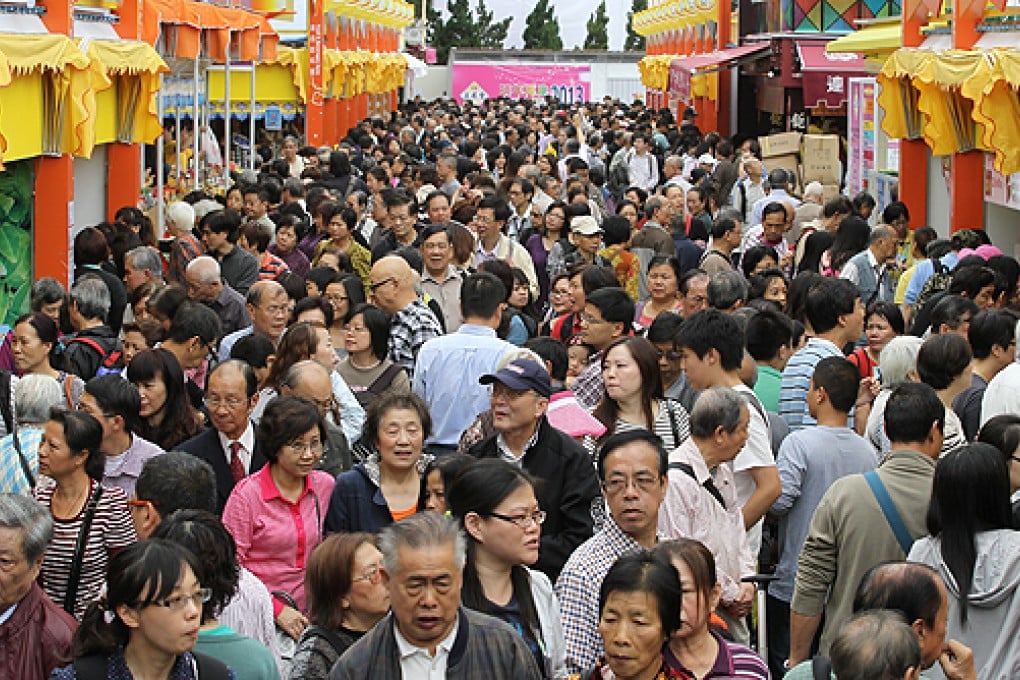Hong Kong not so racist after all as survey errors revealed
Relax - Hong Kong may not be as racist as suggested by the world map on racial tolerance published in The Washington Post last week. While the results are less startling, they are still high by comparison with much of the world, alongside Malaysia, the Philippines and France. China and Japan are still marginally more tolerant, while India and Yemen are also high on the list.

Relax - Hong Kong and Bangladesh may not be as racist as suggested by the world map on racial tolerance published last week.
The map, made by The Washington Post based on data from the World Values Survey, showed 71.7 per cent of Bangladeshis and 71.8 per cent of Hongkongers did not want a neighbour of a different race.
"In both cases, World Values appears to have erroneously posted the incorrect data on its website," the US newspaper wrote in a correction this week. "The figures for Hong Kong and Bangladesh should be substantially lower at 26.8 per cent and 28.3 per cent respectively."
While the results are less startling, they are still high by comparison with much of the world, alongside Malaysia, the Philippines and France. China and Japan are still marginally more tolerant, while India and Yemen are also high on the list.
The error has raised questions about the validity of the entire exercise and in particular polling in Hong Kong, a subject recently explored by the Post.

"[World Values] is a rather loose network of scholars and the way the surveys were done would depend on the resources available to each scholar," he said. "